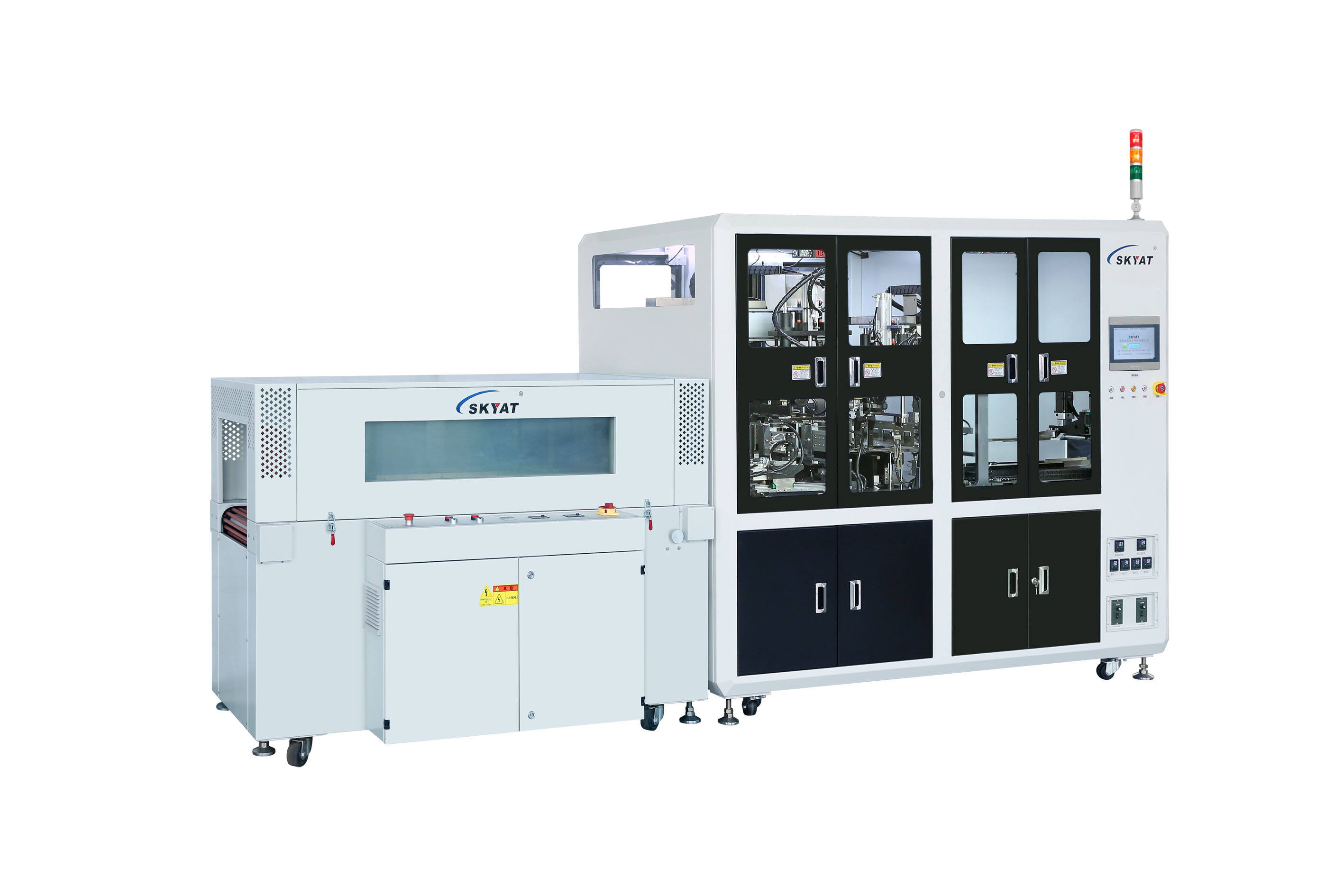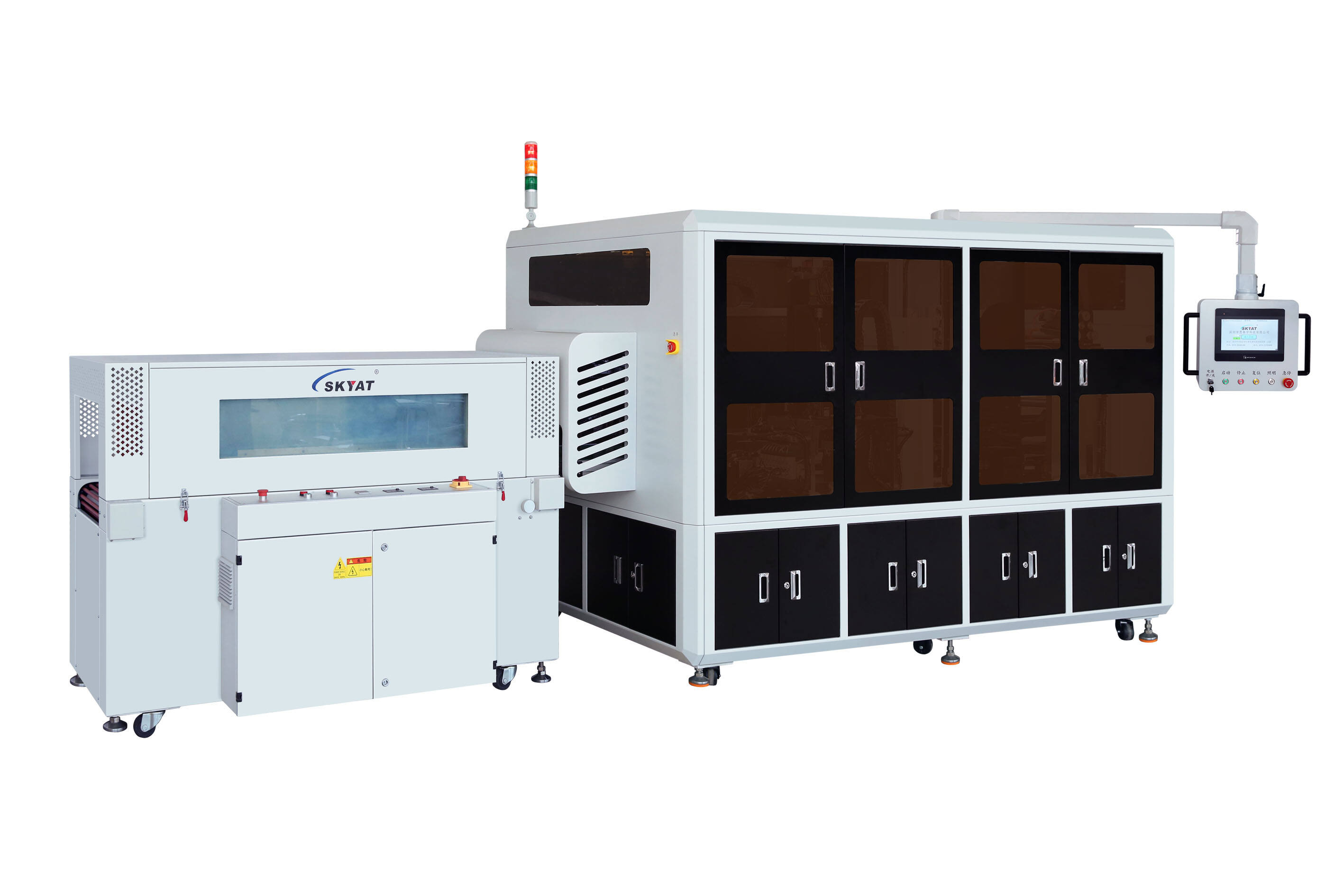Shrink wrap film for packaging is a versatile material that forms the backbone of efficient, secure, and visually appealing packaging across industries, from smart electronics and pharmaceuticals to tea processing, cosmetics, and new energy component manufacturing. Its ability to shrink tightly around products when exposed to heat creates a protective, tamper-evident seal that preserves freshness, prevents damage, and enhances shelf appeal. Different types of shrink wrap film cater to specific industry needs. Polyvinyl chloride PVC film is a popular choice for general applications, offering clarity and flexibility at an affordable price—ideal for wrapping cosmetics, clothing, or small ceramic items. Polyethylene PE film, known for its strength and puncture resistance, is preferred for heavy or irregularly shaped products like automotive parts, steel components, or large drone casings. It withstands rough handling during shipping, ensuring products remain secure. Specialized films address niche requirements. Anti-static films are critical for electronic manufacturing, preventing electrostatic discharge that could damage circuit boards or smart electronics devices. For food and beverage industries, including tea production, oxygen-barrier films often polyolefin-based preserve freshness by blocking moisture and air, extending shelf life. Pharmaceutical and healthcare products packaging relies on sterile, medical-grade films that meet strict regulatory standards, ensuring products remain contamination-free. Eco-friendly options are increasingly vital for sustainability-focused brands, particularly in new energy and organic tea sectors. Biodegradable films, made from plant-based materials, break down naturally, reducing environmental impact. Recyclable films, often made from post-consumer waste, offer a lower-carbon alternative without sacrificing performance. These options align with consumer demand for green packaging, enhancing brand reputation while complying with evolving environmental regulations. Film thickness and size vary to match product needs. Thin films 60-80 gauge work for lightweight items like tea bags or cosmetic samples, reducing material use and cost. Thicker films 100-200 gauge provide extra protection for heavy items such as steel parts or new energy batteries. Pre-cut rolls or custom-sized sheets minimize waste, a key consideration for small businesses aiming to control costs. Compatibility with shrink wrapping machines is essential. Films must work with a machine’s heating system—PVC, for example, requires lower temperatures than PE, preventing overheating and ensuring proper shrinking. Modern machines often support multi-film use, allowing quick switches between materials e.g., from anti-static to biodegradable to suit different product lines. Whether prioritizing clarity, strength, sustainability, or compliance, shrink wrap film for packaging offers a tailored solution for every industry. By selecting the right film type, businesses ensure products are protected, presented professionally, and aligned with operational and environmental goals.




Copyright © 2025 By Skyat Limited. - Privacy policy